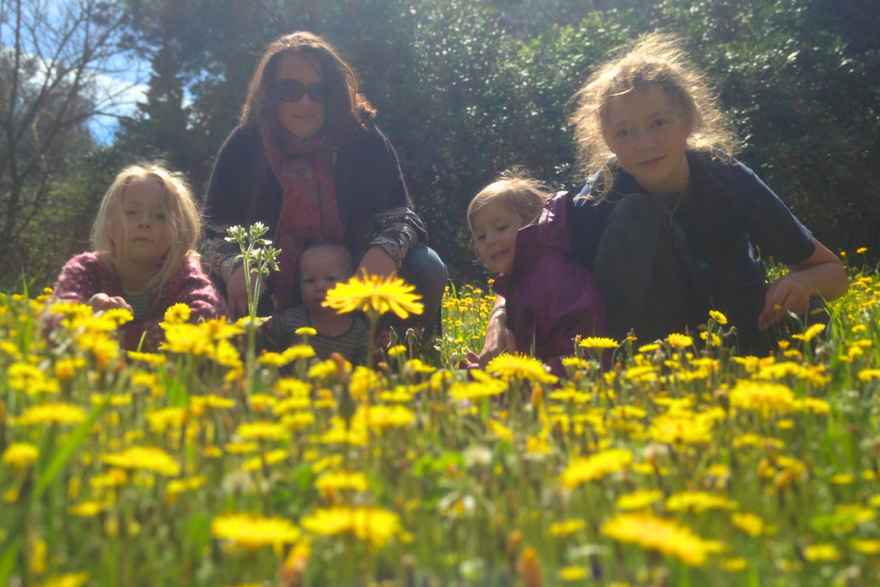
“How do you grasp every day? How do you structure your homeschool?” I have been asked this question many times.
The short version is I don’t! There isn’t any system. We live our lives in a way that makes sense to us. Where we realize our passions, grow our interests, and find our balance. The school part is primarily not intended to stand in the way of collective and spontaneous development and learning. It isn’t difficult.
But in reality, it is much more complicated than it looks.
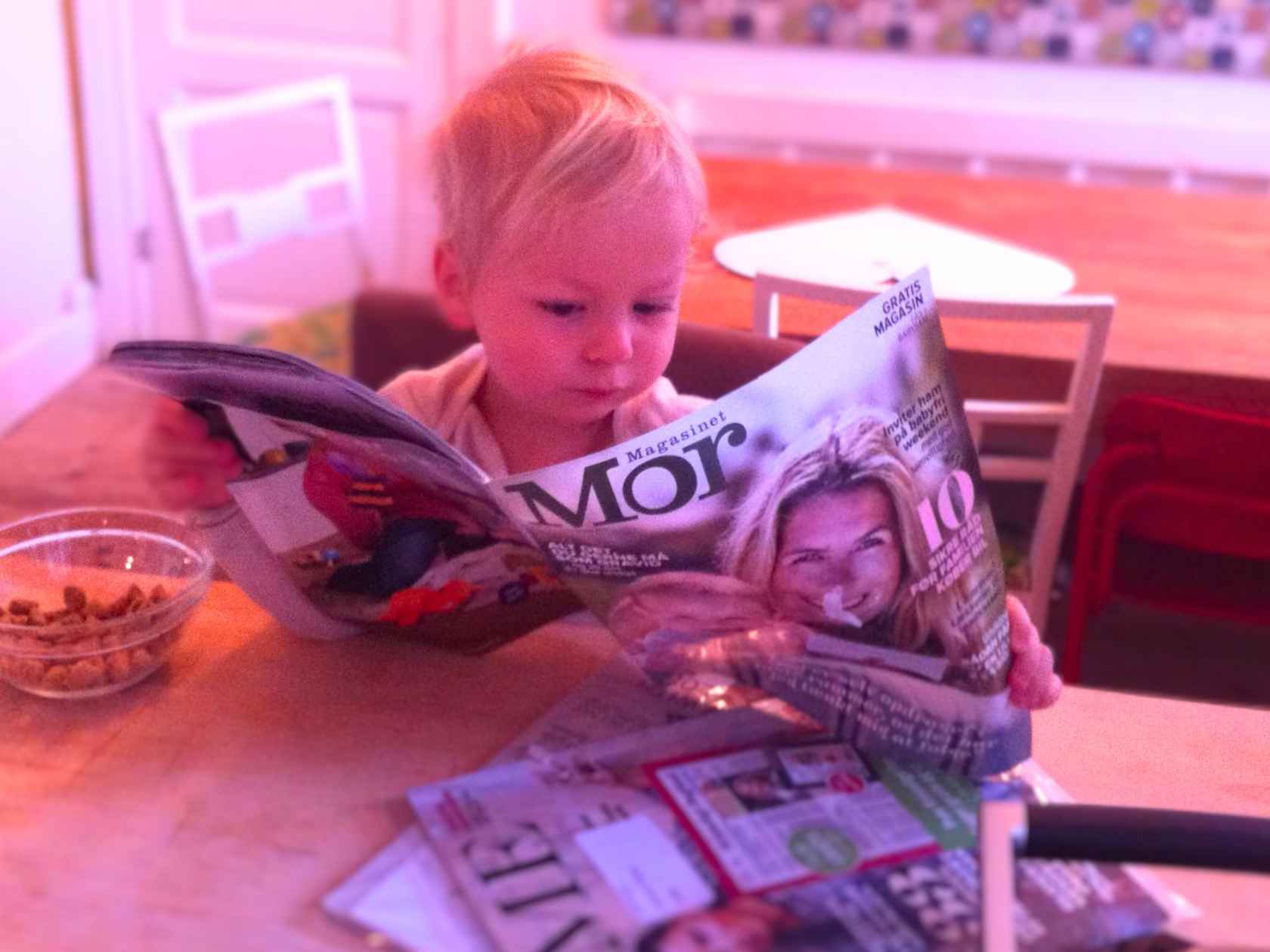
First, there is talk of a process. From the belief that school is the only possible way to discover all the different styles of life, to find your way with the help of the children you teach at home. It is a long process for us adults. There isn’t just one thing you plan and realize for ten years.
At our house, there is definitely a talk about change. I have often used a pendulum as a metaphor for our development in our Family. Meaning that one let’s go and lets things happen in a period and then tightens up and adjusts in the following period. That’s how it is with many phenomena in our family. And now that I homeschool our children, the same applies. It constantly changes, and I can’t say that I grasp it in any specific way.
I, of course, have an overall strategy. But it isn’t about schooling. It’s about life and values. I also have a plan that I note once a month. I say that boldly, having done it twice. Before that, it as once a week. Before that, it was totally random. But as homeschool mum, I have the legislation-based obligation to have a plan. So I have one, and I note it diligently. But it’s been a different way. It’s not about that, right? It’s about an insight into how an ordinary homeschool day can look.
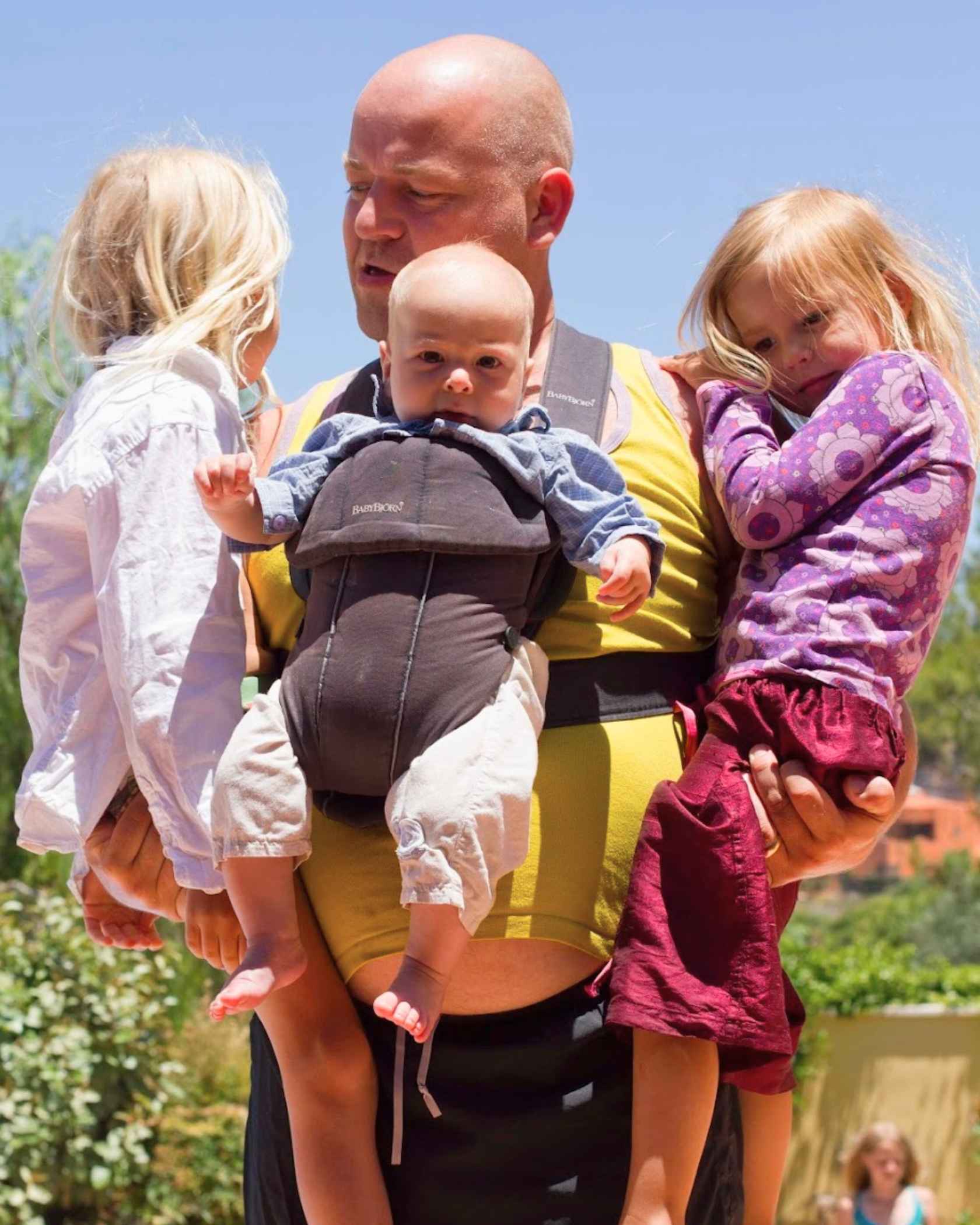
My point is it can be seen in many different ways. Also, in the same family. Or even without. It’s just because there is talk of chaos. There is actually a method to the madness.
My primary point in this very long introduction is that my primary regard is and will always be well-being. We do whatever functions best for our family AND each person in the family. We work together to find out what that is and how we do it. And because we are developing all the time, there can’t ever be talk of a firm strategy.
What do we actually do instead of going to school or work?
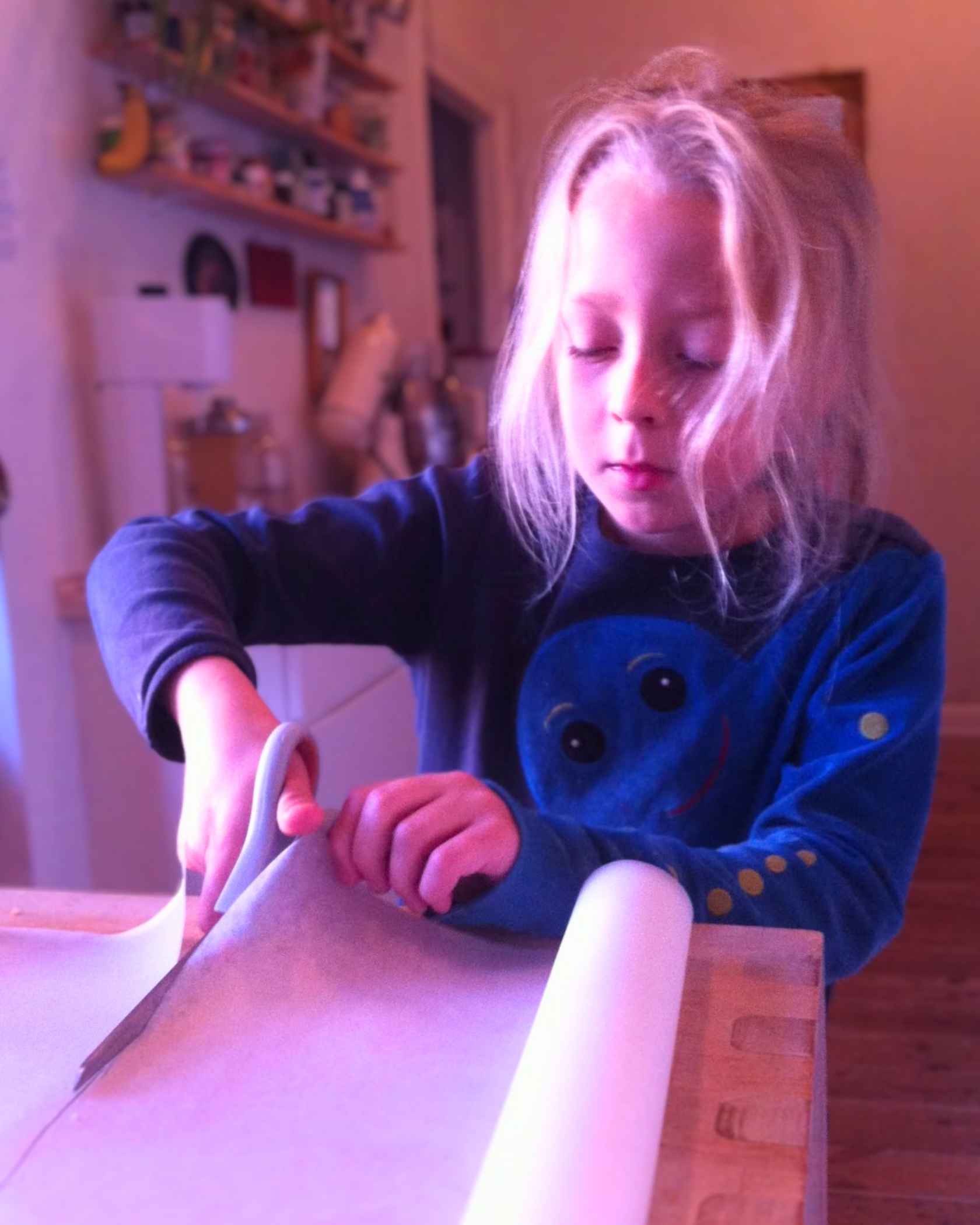
Totally concrete; I’d like to tell you how our days look right now. I can guarantee that it will look different in a month. Totally different. I don’t know how, but I know it will develop. And I am ready. So if anyone remembers to ask me at the end of March, I will answer again. That could be fun.
Currently, we thrive with a model broken into three. A fourth is included when we travel because we do something else entirely. Sometimes we are just free; we hang out and don’t have any plans. Play computer, go for walks, sleep a lot; draw, visit people, clean up; fix the garden -have days that resemble a typical weekend for most ordinary families.
Some days we have a rhythm that’s something like a traditional school day, for an hour or three over at the kitchen table—with maths, reading in Danish and English, nature studies or technique, or whichever topic interests us. Altogether, something that includes tasks, task books, paper, those kinds of things. Altogether, something that resembles school but is so far from it.
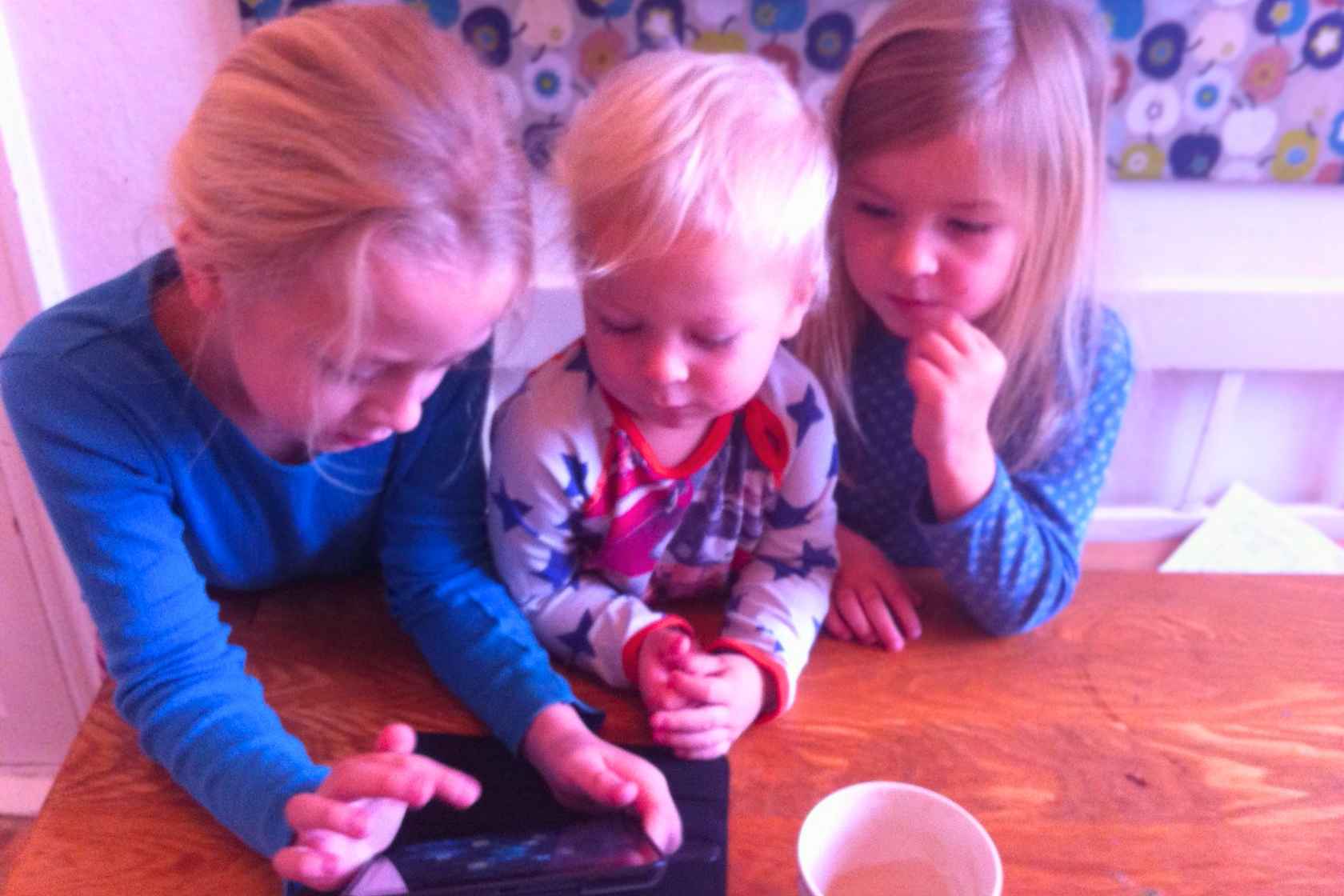
After kitchen table time, we chime around a bit and enjoy ourselves. I make a bit of lunch, and we eat it. Then we go for a walk, if the weather is good, or we go into the garden. If the weather is bad, we stay in and read stories, play, sing, mess around, talk, paint, and clean up. I don’t know what that resembles. Maybe also a weekend? It doesn’t resemble the weekends we had before the kids we took out of school because the mood is so different: time and peace are something else.
So we game. At the moment, we wait until 2 pm before we turn on any computer, tablet, or phone for any reason that isn’t explained here. But not because I am in any way against these kinds of devices. A lot of what my children learn is done so using a tablet, phone, or computer. But that’s another matter. On these more structured days, we play after 2 pm or when we return from a walk.
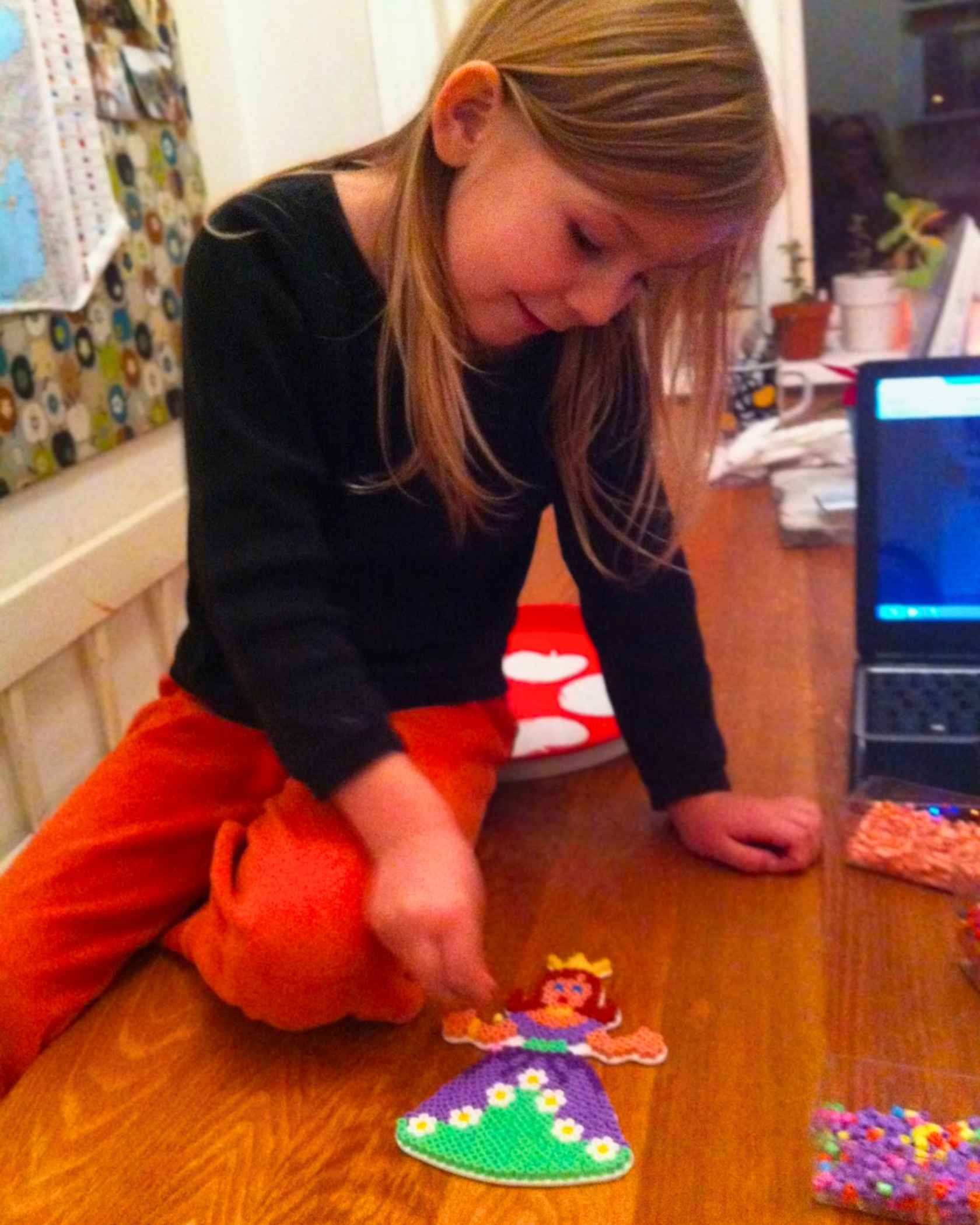
At 3 pm, we eat again. Just like in kindergarten -what they call Fruit. We often read aloud during the meal and hung out longer at the table afterward. So I think it’s nearly time to make dinner by the time I get up. But it also often happens that we eat crispbread and apples on the sofa and see a good film.
We have also just begun to do yoga together. It’s also an afternoon thing. Perfect for those days when you don’t want to go out but don’t want to sit still. It is fantastic. I use a DVD called Yoga Kids, which I am so lucky to have found: all three volumes. I recommend they are fun. And at the same time, we get a bit of an English lesson.
At 5 pm, I make food, and we eat at 6 pm. One way or another, we also clean up the house during this hour. Mr. and Mrs. Denmark. We eat, clean up the kitchen, make dessert, and often quiz each other over coffee and cake. Or we mess around. It takes up your time. Then there is maybe someone who needs to shower, the others fool around, and at about eight or eight-thirty, we get tucked in. Relax in bed: read books, play computer, joke, chill, and talk. At nine, most of us sleep at ten more sleep. At 1 am, everyone is sleeping.
Some days we are on tour.
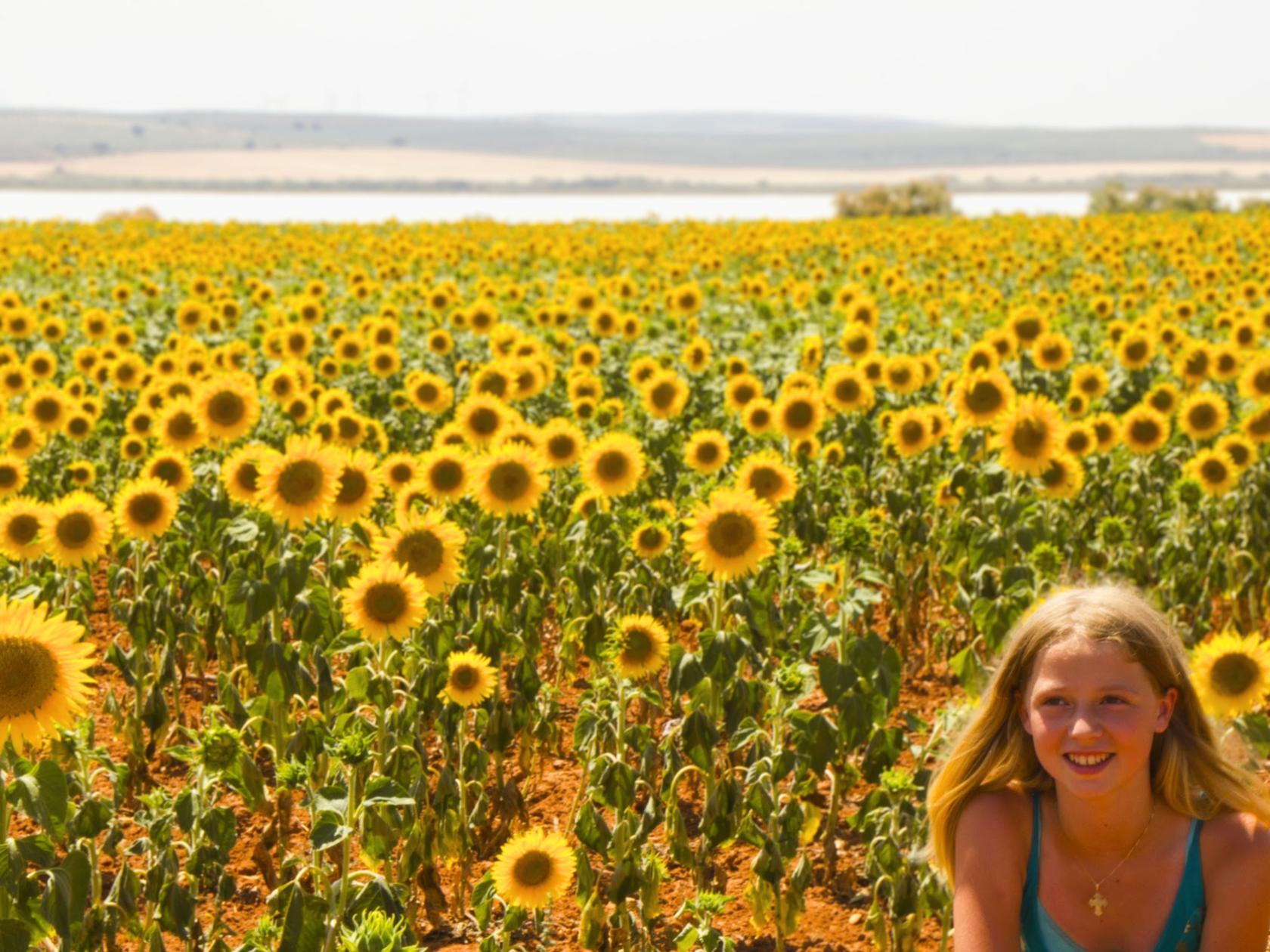
We visit friends. Typically other homeschool families -or someone visits us. We visit the libraries, museums, parks, culture houses, and in between, the swimming baths.
I don’t know how much I need to write about it. We leave the house around eleven and arrive home around five. Sometimes three, depending on the day. These days, you could say that school consists of all the thousands of questions the kids ask and the answers they get in return. But just as much the atmosphere, different stories, sensations, these kinds of impressions we all get when we go out from home and experience something.
A lot of the things we do on structured days are the same as on tour days or free days. A lot of it is the same. The stuff before and after. Especially the things after the tour. We don’t have kitchen-table-school before an excursion. Instead, we clean the house, start all the machines (dishwasher, washing machine, dryer), prepare lunch boxes and bags, find bus tickets, air the dog, and those kinds of things. Then we are ready and have a fresh house to return to. As a rule, we are drained after the tour and need the sofa and the stove.
The system is in chaos.
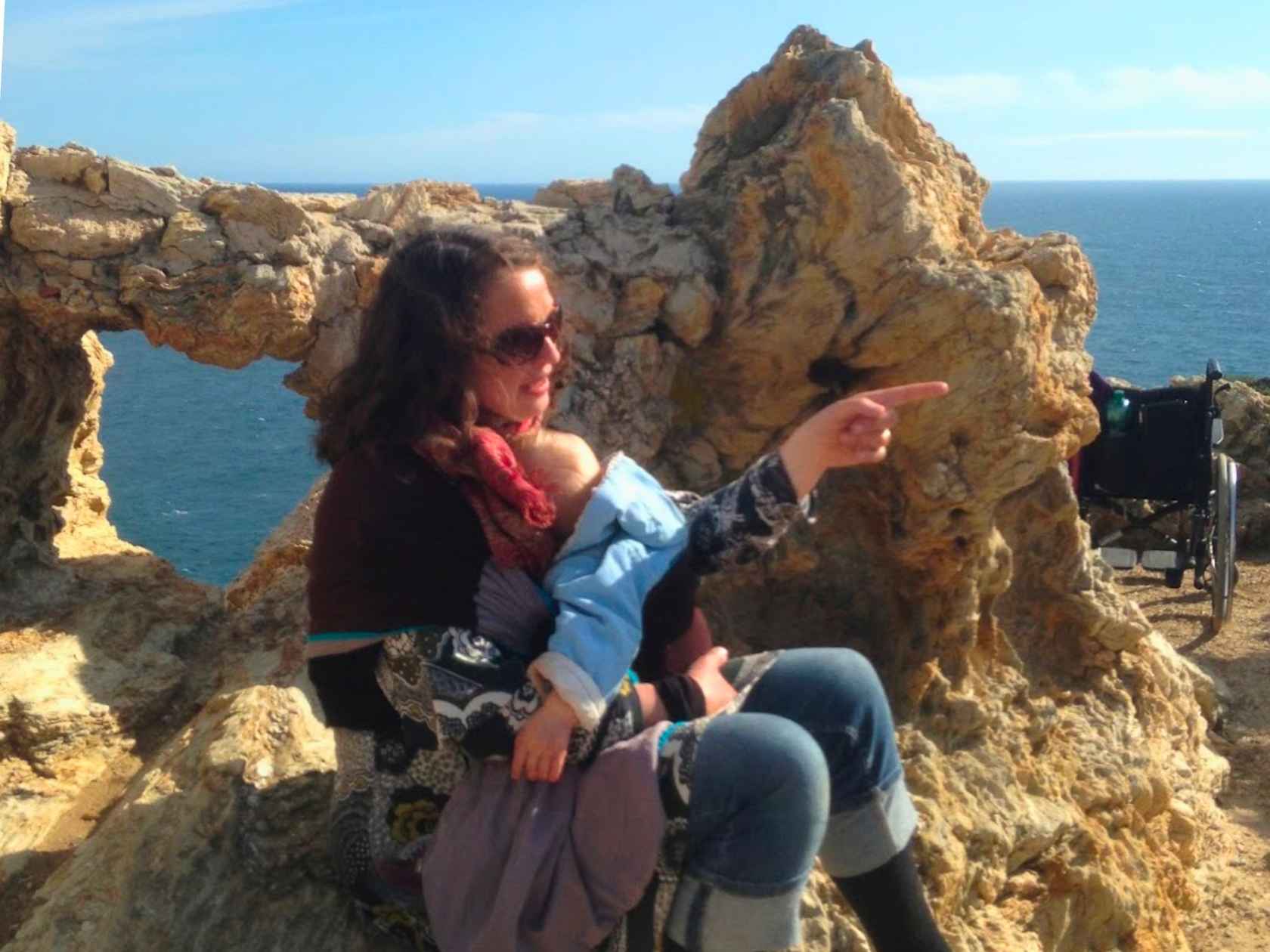
I often have plans, but I am ready from hour to hour to change them. There is no system in the distribution or order of these three days. We do what makes sense.
I am not in any doubt that my children get a fantastic education in this way and — more importantly — that they have a good life. Regarding education, they can learn everything possible, exactly when they want to and when they are ready. They become fantastically good at whatever captivates them. During the year and a half that I have officially home-taught,
As for the second, the good life, that’s what it’s all about. We do NOT live a result-oriented life in our family. And we learn first and foremost because we are excited. Passionated. Interested.
With love

Cecilie Conrad

Comments